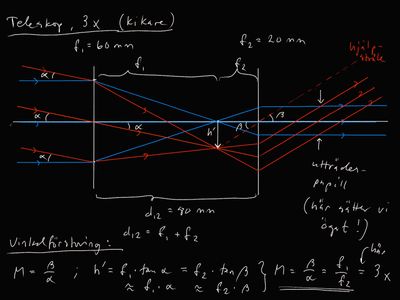Electrostatics: Electric force, electric field and potential, Gauss’s theorem, electric fields in metals and dielectrics, the capacitor, electrostatic energy.
Magnetic fields: Sources of the field, force and torque, magnetic materials and magnetic energy. Electromagnetic induction. Introduction to the relationship between electric and magnetic fields, Maxwell's equations.
Mechanical waves: Fundamental wave concepts. Acoustics and ultrasound. Technical applications.
Electromagnetic waves: Generation, polarisation, interference, diffraction and applications. Basic geometrical optics. The laser, camera, telescope, microscope and the human eye.
